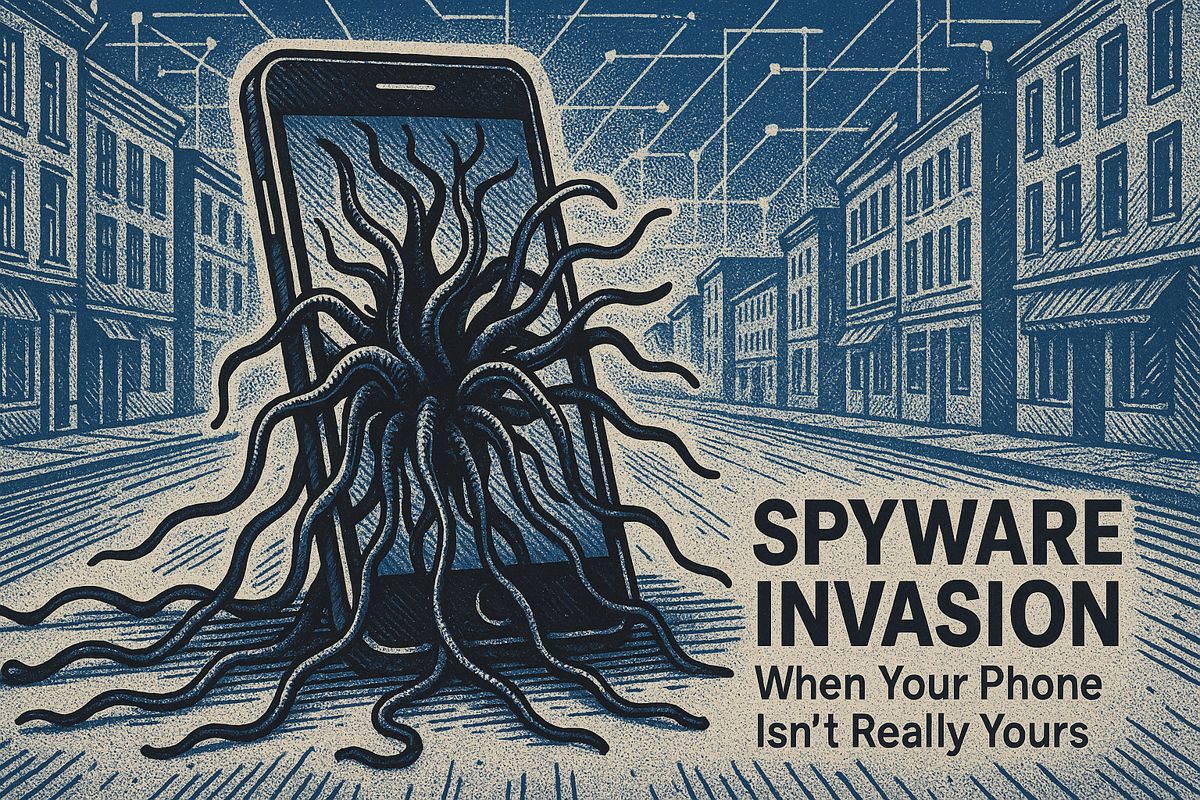Here’s the text with the most important phrase in bold markdown:
Samsung’s AppCloud is a sneaky system app that comes pre-installed on Samsung phones, collecting user data and installing extra apps without permission. Users find themselves trapped with a persistent software that can’t be easily removed, forcing them to consider complex technical solutions like rooting their device. The app raises serious privacy concerns, gathering personal information like location and device details, and making users feel like they don’t truly own their smartphones. Despite attempts to disable or delete the app, it often returns, creating a sense of digital helplessness and frustration. The situation highlights the growing tension between technology companies and user privacy, leaving consumers with limited options to regain control of their devices.
What is Samsung’s AppCloud and Why Can’t Users Remove It?
AppCloud is a persistent system app pre-installed on Samsung phones that collects user data, installs additional apps without consent, and cannot be easily removed through standard device settings. Users must use advanced techniques like rooting to fully eliminate the software.
A Tale of Uneasy Discovery
Sometimes, a headline jumps out and grabs you by the collar. “Samsung accused of pre-installing spyware on millions of smartphones.” I’ll admit, my heart stuttered when I read that. It immediately dredged up memories of my own digital battles, especially that night I squared off with a nameless app on my battered Galaxy S8. Each time I factory reset, the thing returned, like a ghost that can’t take a hint. I’m not alone in this, am I?
Recently, my friend Karim from Beirut bought a brand-new Samsung Galaxy. He was glowing—until the shine wore off. Out of nowhere, pop-up “suggestions” began crowding his screen, sapping the phone’s speed. He found a shadowy app called AppCloud, lurking in the background. Disabling didn’t work. Force-stopping? No use. Even a full wipe only offered a brief reprieve before AppCloud slithered back. When Karim learned this software was built by ironSource (now Unity) with Israeli origins, his worry evolved into something sharper—a kind of paranoia with a metallic aftertaste. The online forums, teeming with similar complaints, became his reluctant comfort.
I remember feeling a mixture of annoyance and resignation when I first realized how little control I had. Isn’t it strange how our excitement for new tech so quickly sours into suspicion?
The Anatomy of Bloatware: Numbers, Names, and Nuisance
Here’s what makes this saga so sticky. Samsung installs AppCloud, a persistent “recommendation” app from ironSource/Unity, on phones shipped around the world. Users—unless they’re software wizards—can’t remove it through normal settings. Only root-level acrobatics work, and those can turn your phone into a glorified paperweight if you slip up.
Let’s toss in some concrete facts: AppCloud isn’t just a benign widget. It collects device fingerprints, IP addresses, geolocation data, and more. The app also acts as a conveyor belt, installing companions like Aura without so much as a polite request for consent. For users in WANA (West Asia and North Africa), where the political weather is already electric, this data pipeline is more than a privacy question—it’s a national security storm cloud.
Official privacy policies? Good luck. They’re either buried, missing, or written in corporate tongues that seem designed to evade real comprehension. The pattern feels eerily familiar—Carrier IQ, anyone? Back in 2011, millions of phones were caught logging keystrokes and user locations, sparking lawsuits and outrage. It’s like déjà vu, except the stakes feel higher now.
The forums read like a support group. “Why can’t I get rid of this?” “What is AppCloud and why is it eating my battery?” The sense of being watched, day in and day out, is a little like living in a room wallpapered with two-way mirrors. No wonder groups like SMEX are sounding alarms, and why some users are willing to risk bricking their phones just to gain an ounce of privacy.
The Illusion of Control and the Real Cost
So, what are your options? Apparently, you can either learn to live with AppCloud, try a dizzying array of disabling tips, or take the plunge into rooting—a digital tightrope walk above a sea of warranty-voiding sharks. Each attempt feels Sisyphean: wipe the device, and the rock tumbles right back down the hill. The phrase “learned helplessness” keeps echoing in my brain, like the dial tone after a dropped call.
Isn’t it ironic? We pay for these devices, but we’re not the true owners—at least not in the ways that matter. Instead, we become tenants in our own digital homes, with Samsung and ironSource acting as absentee landlords who rearrange the furniture and read your mail while you’re out. When the device insists on acting like a stubborn mule, it’s hard not to feel a twinge of indignation (or maybe that’s just my inner curmudgeon talking).
I’ll confess, I used to scoff at the privacy hawks who called every corporate move a “surveillance plot.” But after watching Karim’s frustration, and spending hours in the trenches of developer forums myself, I’ve come around. These aren’t just minor annoyances—they’re daily reminders that control, real control, is mostly an illusion. The digital dust under your fingertips? It never quite comes off.
The Road Ahead: Adapt or Agitate?
Is there hope for change? Civil society groups across the globe—think SMEX in Lebanon, or the Electronic Frontier Foundation—are pushing for more transparency and stronger regulatory teeth. Open-source mobile OS projects like /e/OS and LineageOS offer glimmers of autonomy, but let’s be honest: for the average person, they’re about as approachable as a python in the garden.
So, what’s left? Either accept the reality (and try not to think about who’s watching), adapt with whatever tools you can muster, or roll the dice and hack your way to freedom, warranty be damned. Not exactly the menu of choices you’d expect in 2024.
Oh, the irony. We crave the latest tech, only to realize—too late—that the real price isn’t just money. It’s privacy, autonomy, maybe even a bit of sanity. I won’t pretend I have all the answers… but at least Karim and I can commiserate over coffee, phones on airplane mode, just in case.
Funny, isn’t it? Or maybe not ha-ha funny—more like a wry, weary chuckle in the face of progress.



















